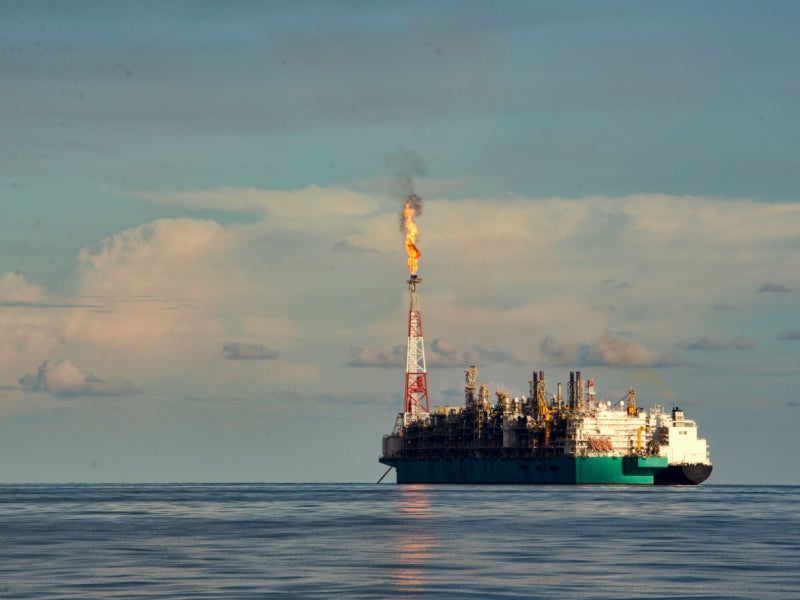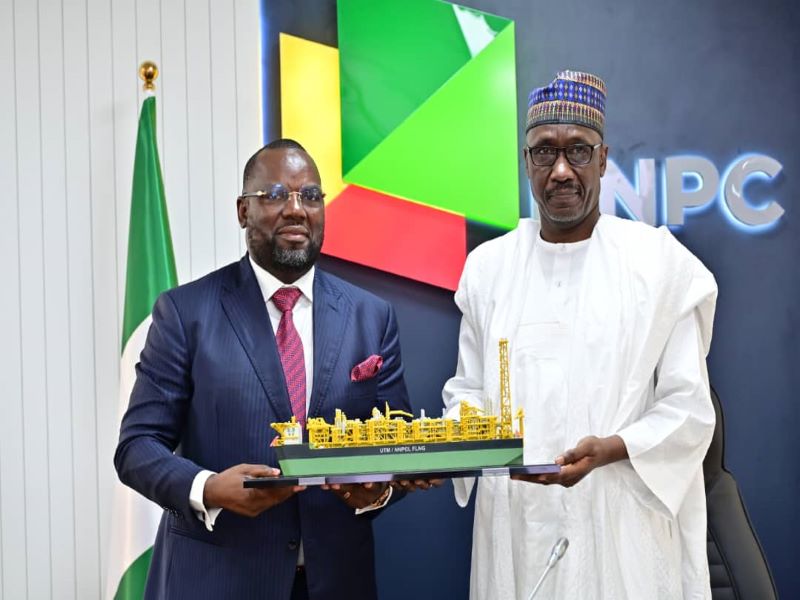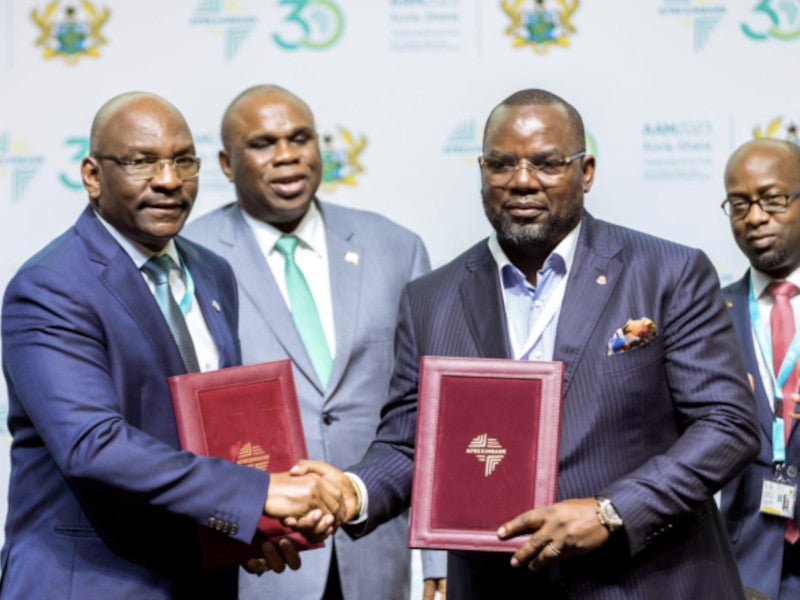UTM FLNG is a floating natural gas liquefaction facility being developed in Akwa Ibom State, Nigeria. It is the first FLNG project to be developed in the country.
UTM Offshore, an oil and gas company, is developing the project with an estimated investment of $5bn.
State-owned oil company Nigerian National Petroleum (NNPC) entered heads of agreement with UTM Offshore to purchase a 20% equity stake in the project in July 2023.
In December 2023, UTM Offshore, the Delta State Government, and NNPCL signed a shareholder agreement to jointly develop the project.
The project will be owned by UTM FLNG (72%), a special-purpose vehicle formed for the development of the project by UTM Offshore, NNPC (20%) and Delta State Government (8%).
The project is expected to produce 1.5 million tonnes per annum of liquified natural gas (LNG) for export markets and 300,000 tonnes of LPG a year for domestic consumption and some quantities of condensate.
The final investment decision on the project is expected to be taken in the first quarter (Q1) of 2024. The facility is expected to commence operations in the fourth quarter of 2026.
Location details
The UTM FLNG facility is being developed at the Yoho field at a water depth of 64m.
The Yoho field is situated within oil mining lease (OML) 104, approximately 60km from shore. It is owned by ExxonMobil (40%, operator) and NNPC (60%) and commenced production in 2003.
The project will have access to use 2.2 trillion cubic feet of proven gas reserves from OML 104 for 20 years.
UTM FLNG development details
UTM Offshore obtained the license to establish the FLNG project from the Department of Petroleum Resources in February 2021. The project is planned to be developed in two phases.
The FLNG facility will include a turret and mooring system, gas pretreatment modules, LNG production modules, accommodation facility, self-contained power generation, and utilities, as well as provision for LNG storage and offloading.
The LPG produced from the FLNG will be supplied to the domestic market and the LNG produced will be offloaded into LNG carriers for further transportation.
Vitol Gas, an energy and commodities company, is a potential LNG buyer for the project.
Financing
UTM Offshore entered a memorandum of understanding with African Export-Import Bank (Afreximbank), a pan-African multilateral financial institution, to serve as the lead financier of the project in December 2021.
Subsequently, Afreximbank raised $2bn for the first phase of development, with a commitment of $3bn for phase two.
Contractors involved
JGC Holdings, an engineering design, procurement and construction company, along with Technip Energies, an energy technology company, and Kellogg Brown and Root (KBR), a technology company, were contracted to provide the front-end engineering and design (FEED) services for the project in November 2022.
JGC will oversee the topside LNG production facilities design, while Technip Energies will be responsible for the hull and the mooring system design.
JGC was previously contracted to perform the pre-FEED design for the FLNG facility in May 2021. KBR served as the owner’s engineer and conducted a due diligence review of the pre-FEED design. Yahaska Energy, a consulting company, provided overall project development management services.
Richflood International was chosen to perform an environmental and social impact assessment for the project in July 2022.
Templars, a law company, acted as project counsellor in securing the license for the development of the project.
Project benefits
The UTM FLNG project is in line with the Nigerian government’s vision of promoting the utilisation of domestic gas resources. The country has more than 200 trillion cubic feet of proven gas reserves.
The FLNG will supply 25% of Nigeria’s domestic LPG demand. It will provide LPG at lower costs and increase access to the fuel thereby providing clean cooking solutions in the country.
The project is expected to generate 3,000 direct and 4,000 indirect employment opportunities in Nigeria.










